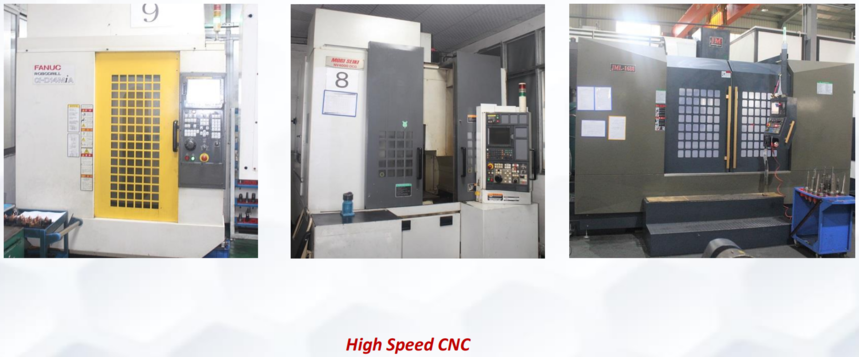|
How Much does CNC Machining Costs Per Hour?
CNC (Computer Numerical Control) machining has revolutionized the manufacturing industry, providing precision and efficiency in the production of various components. When it comes to budgeting for CNC machining projects, understanding the CNC machining costs per hour is crucial for accurate financial planning. In this blog post, we will delve into the factors that influence CNC machining costs and provide insights into estimating the cost per hour. Factors Affecting CNC Machining CostsMachine Setup: The CNC machine needs setup time for fixture preparation, tooling setup, and programming before production can begin. The overall hourly cost of CNC machining is impacted by the initial setup. Material Selection: CNC machining costs are significantly influenced by material selection. Various materials vary, with some being more expensive because of their rarity or special qualities. Additionally, machining factors such as cutting speeds, tool wear, and other machining characteristics are influenced by the kind of material, which has an impact on both production time and cost. Part Complexity: Cost estimation heavily depends on the intricacy of the component being machined. Longer machining periods, specialized tooling, and higher hourly rates are frequently needed for elaborate designs with close tolerances or intricate geometries. Batch Size and Quantity: The cost per hour can vary depending on the volume and number of parts produced. Initial setup expenditures for CNC machining are frequently spread out across the production run. The cost per part can be decreased and machine time can be optimized with larger batch sizes. Machining Time: Each component’s real machining time directly impacts the cost. The amount of time needed to machine each component depends on several variables, including cutting speed, tool changes, and programming effectiveness. Tooling and Consumables: CNC machining uses a variety of cutting tools, inserts, and consumables that wear down over time and require replacement. The total cost of machining per hour includes these additional expenses. Estimating CNC Machining Costs per HourTo estimate the cost per hour for CNC machining, consider the following steps: Determine the machine rate: Consider depreciation, maintenance, energy costs, and operator wage when figuring out the hourly rate for operating the CNC machine. Assess setup time: Calculate the amount of time needed for each job’s machine setup, programming, and preparation. To calculate the setup time per part, divide the overall setup time by the batch’s number of parts. Calculate machining time: To determine the amount of time needed to machine each component, examine the part geometry, the material qualities, and the machining parameters. Calculate machining time: Calculate the cost of the tooling necessary for the production run, taking into account the cost of tool changes and consumables. CNC Machining Costs ConclusionConsiderations for estimating CNC machining costs per hour include machine setup, material choice, component complexity, batch size, machining time, and tooling costs. Manufacturers can precisely predict the hourly rate, enabling efficient planning and cost management, by carefully evaluating these factors and adopting a methodical methodology. Making informed decisions is made easier when you are aware of the CNC machining cost per hour. This increases manufacturing productivity and profitability. |








